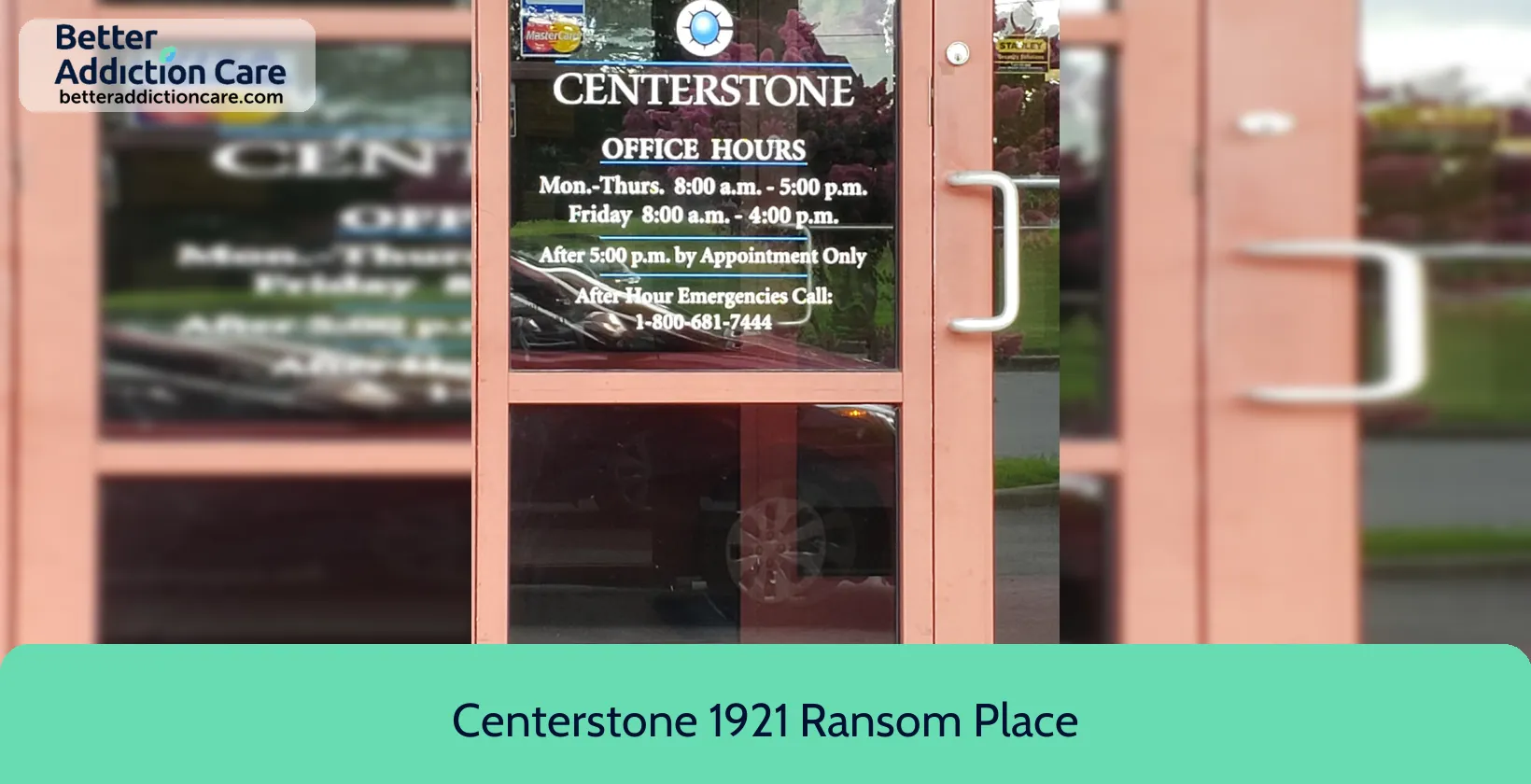Centerstone - Steven A. Cohen Military Family Clinic

Overview
Centerstone - Steven A. Cohen Military Family Clinic is a mental health treatment center for people seeking treatment near Montgomery County. As part of their treatment modalities for recovery, Centerstone - Steven A. Cohen Military Family Clinic provides couples/family therapy, group counseling, and cognitive behavioral therapy during treatment. Centerstone - Steven A. Cohen Military Family Clinic is located in Clarksville, Tennessee, accepting cash or self-payment for treatment.
Centerstone - Steven A. Cohen Military Family Clinic at a Glance
Payment Options
- Cash or self-payment
- Medicare
- Private health insurance
- Federal military insurance (e.g., TRICARE)
- Community Mental Health Block Grants
Assessments
- Comprehensive mental health assessment
- Comprehensive substance use assessment
Age Groups
- Seniors or older adults
- Young adults
- Children/adolescents
- Adults
- Seniors
Ancillary Services
- Case management service
- Court-ordered outpatient treatment
- Family psychoeducation
- Suicide prevention services
Highlights About Centerstone - Steven A. Cohen Military Family Clinic
6.68/10
With an overall rating of 6.68/10, this facility has following balanced range of services. Alcohol Rehabilitation: 8.00/10, Drug Rehab and Detox: 6.00/10, Insurance and Payments: 6.00/10, Treatment Options: 6.73/10.-
Alcohol Rehabilitation 8.00
-
Treatment Options 6.73
-
Drug Rehab and Detox 6.00
-
Insurance and Payments 6.00
Treatment At Centerstone - Steven A. Cohen Military Family Clinic
Treatment Conditions
- Alcoholism
- Mental health treatment
- Substance use treatment
- Co-occurring Disorders
Care Levels
- Outpatient
Treatment Modalities
- Couples/family therapy
- Group counseling
- Cognitive behavioral therapy
- Integrated Mental and Substance Use Disorder treatment
- Activity therapy
Ancillary Services
Languages
- Sign language services for the deaf and hard of hearing
Special Programs
- Clients with co-occurring mental and substance use disorders
- Veterans
- Active duty military
- Members of military families
- Criminal justice (other than DUI/DWI)/Forensic clients

Additional Locations
Contact Information
Read our Most Recent Article About Drug Addiction
DISCLAIMER: The facility name, logo and brand are the property and registered trademarks of Centerstone - Steven A. Cohen Military Family Clinic, and are being used for identification and informational purposes only. Use of these names, logos and brands shall not imply endorsement. BetterAddictionCare.com is not affiliated with or sponsored by Centerstone - Steven A. Cohen Military Family Clinic.










